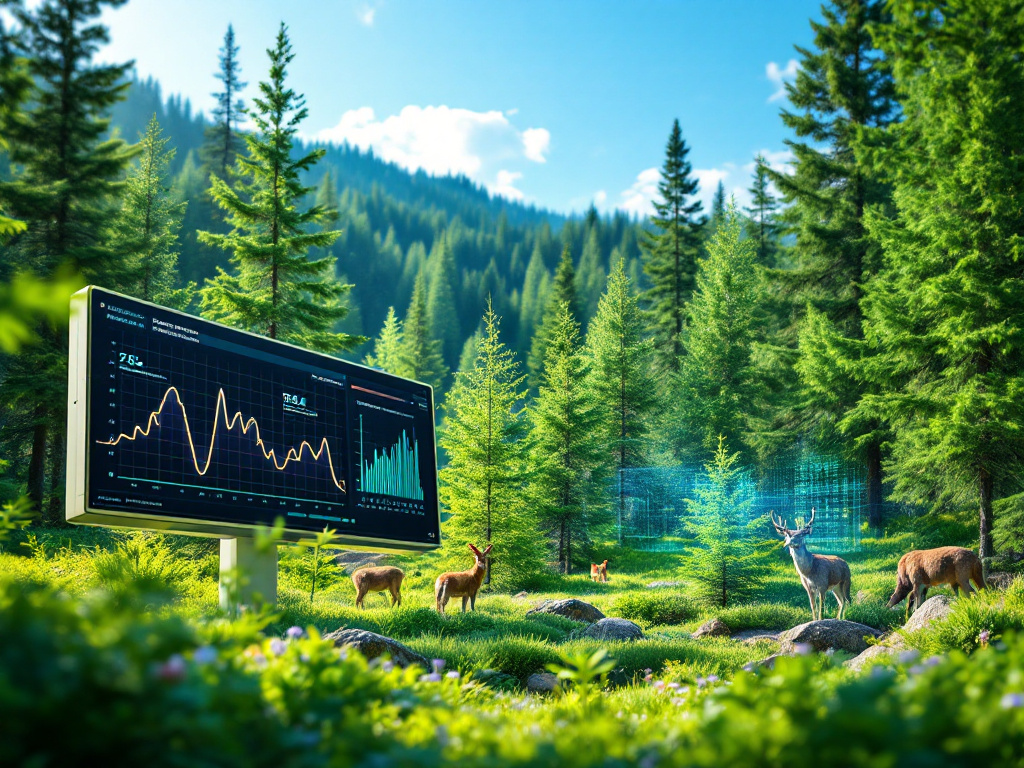
Smart Technologies Revolutionize Forest Monitoring for a Healthier Ecosystem
**Forests are evolving rapidly**, and traditional monitoring methods are increasingly inadequate. The **KTU research team** is developing advanced technologies to enhance forest management by employing **AI and IoT**. Their **innovative forest regeneration model** uses statistical methods, like the Markov chain model, to predict forest growth, mortality, and the effects of climate change on species such as spruce trees. This model aids in planning mixed replanting and identifying tree species' suitability in various environments, thereby improving resilience against climate change and optimizing resource allocation for conservation efforts. Another advancement is the **sound analysis system**, which leverages a combination of convolutional neural networks and bi-directional long short-term memory models to monitor forest sounds in real time. This system can detect natural sounds, identifying anomalies that may signal ecosystem disturbances or human activity. Sounds like bird songs serve as indicators of species diversity and ecological changes, while recognizing unnatural sounds can predict deforestation or stress factors. The **integration of these technologies** into the Forest 4.0 IoT ecosystem allows for enhanced real-time monitoring, making it possible to track environmental changes, animal behavior, and even urban noise pollution. This comprehensive approach signifies a significant shift in forest management, helping to address the increasing complexities of ecological dynamics, species competition, and climate variability. The researchers at KTU emphasize that such **technological innovations are crucial for the future of sustainable forest management**.